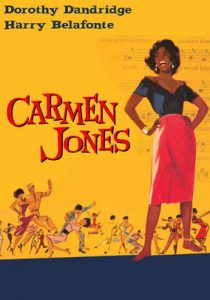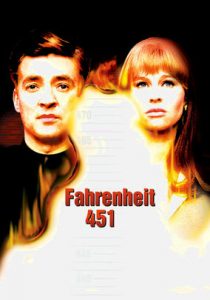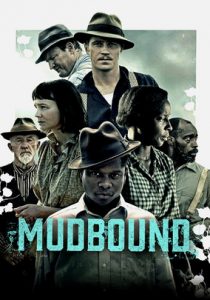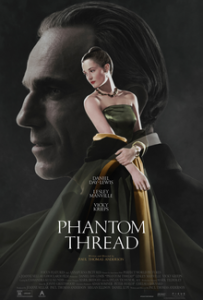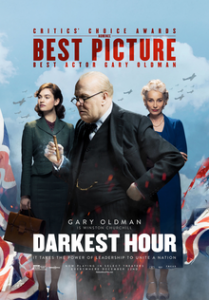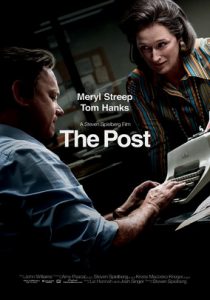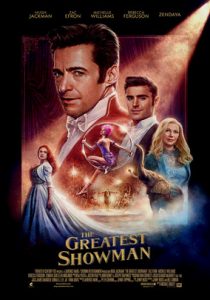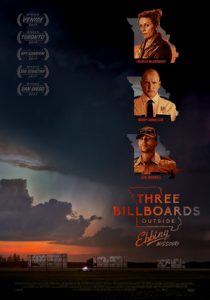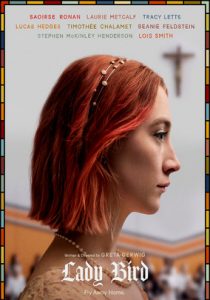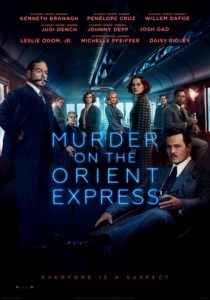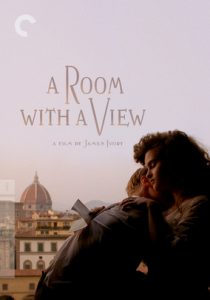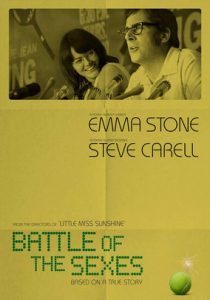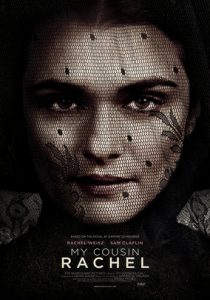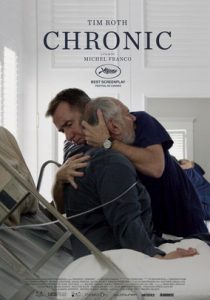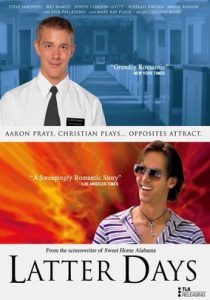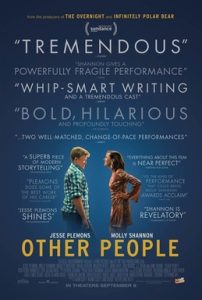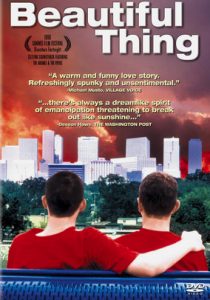Carmen Jones-1954
Director Otto Preminger
Starring Dorothy Dandridge, Harry Belafonte
Scott’s Review #736
Reviewed April 3, 2018
Grade: B+
It was pretty taboo at the time of release (1954) because it featured an all-black cast with no white members. Carmen Jones is to be celebrated for contribution to film history for this groundbreaking feat alone.
Directed by Otto Preminger (who ironically is Caucasian), the film features legendary actress Dorothy Dandridge in a Marilyn Monroe-style performance worthy of the talents of the stars.
The film is a musical with an inevitable tragedy at the conclusion.
The 1954 feature is based on a 1943 stage production of the same name, based on the music of the famous 1875 Georges Bizet production of Carmen. These facets add to the richness of the film as it is layered with good history, and the well-known tragic elements make the conclusion unsurprising.
Brazen and beautiful, Carmen is a seductress who works in a parachute factory in North Carolina during World War II. After trading fists with a co-worker, Carmen is jailed and assigned handsome Corporal Joe (Harry Belafonte) to escort her to the authorities.
While Carmen is not shy about pursuing the young man, his fiancee, virginal Cindy Lou, fumes and schemes to keep her man.
The result is a triangle. Carmen and Joe eventually fall madly in love, leaving poor Cindy Lou behind, but their love faces hurdles.
The somewhat lighthearted first portion of the film, with coquettish humor mixed in, is offset by a much darker path the film takes. As Carmen and Joe finally profess their love and share a night of passion, she leaves him in the middle of the night, unable to endure prison time.
This results in Joe being imprisoned as the couple ultimately cannot stay away from one another despite repeated obstacles to their happiness. An additional character, a boxer named Husky, with designs on Carmen, is introduced, complicating matters.
In sad form, much like the opera Carmen, the final scene is devastating and startling as Joe treads down a dark and gloomy path of destruction. The character of Joe is nuanced- at first, a “nice guy”; the character is an example of complexity and what a man will do for love.
The viewer wonders what will become of Joe and how he could risk his life performing an act in the heat of passion.
In 1954, what a profound and fantastic role for a female, let alone a black female. Typically cast in roles such as maids, servers, or even less glamorous parts, how wonderful for Dandridge to capture a challenging role of this caliber.
She is a vixen as she sinks her teeth into the meaty and flirtatious Carmen. Dandridge’s pizzazz, flare, and singing and dancing performances made her a star, and she is forever known as a groundbreaking talent.
There cannot be enough said about the importance of casting all-black actors in Carmen Jones. Monumental, of course, given the time. The result is a film of significance to black culture, showing that they no longer needed to appear in “white films” as supporting players but could carry a movie on their own.
How profound and remarkable this was!
My only criticism of the film is undoubtedly related to the progress made for black actors and characters, though there is still plenty more work.
At times, the filming feels a shade dated (presently, there are more great roles for black actors) and has a slightly grainy look.
Some of the supporting characters’ acting is also not the strongest, but as Carmen Jones is a historical film, liberties must be taken.
Thanks to the genius and the funding of Preminger, who needed to produce the film independently due to lack of interest, the result is a film that has gone down in history as worthy, edgy, and open-minded.
Wisely casting talented stars with great pipes, the film is a solid success.
Oscar Nominations: Best Actress-Dorothy Dandridge, Best Scoring of a Musical Picture
